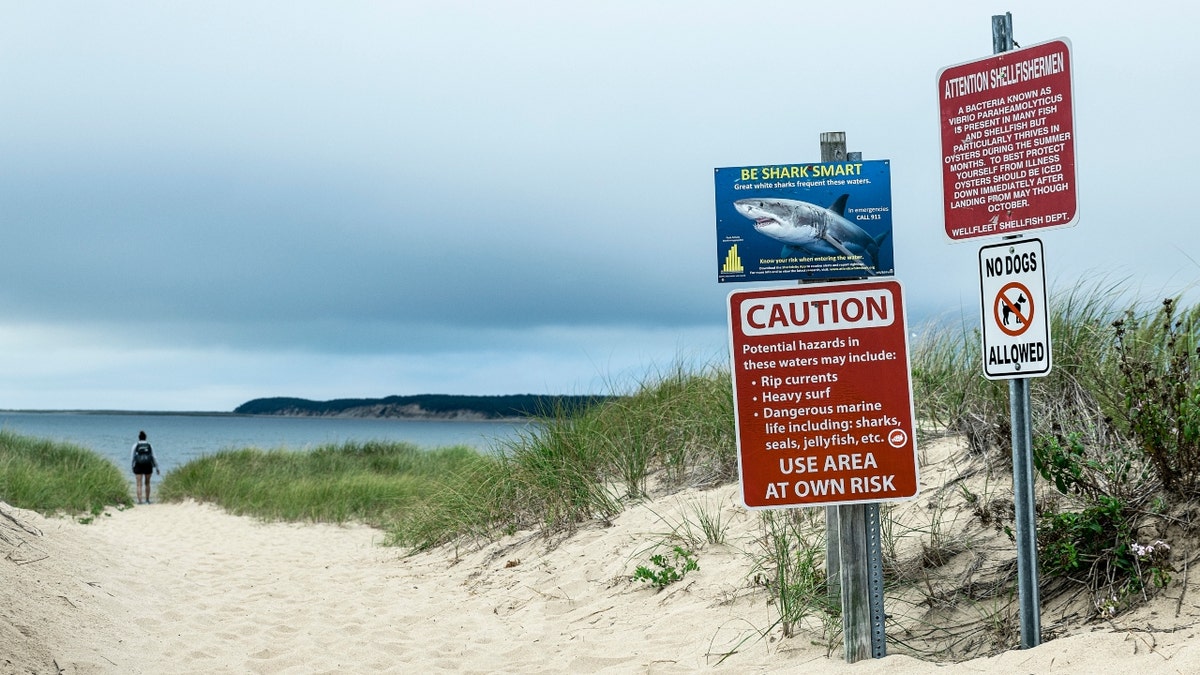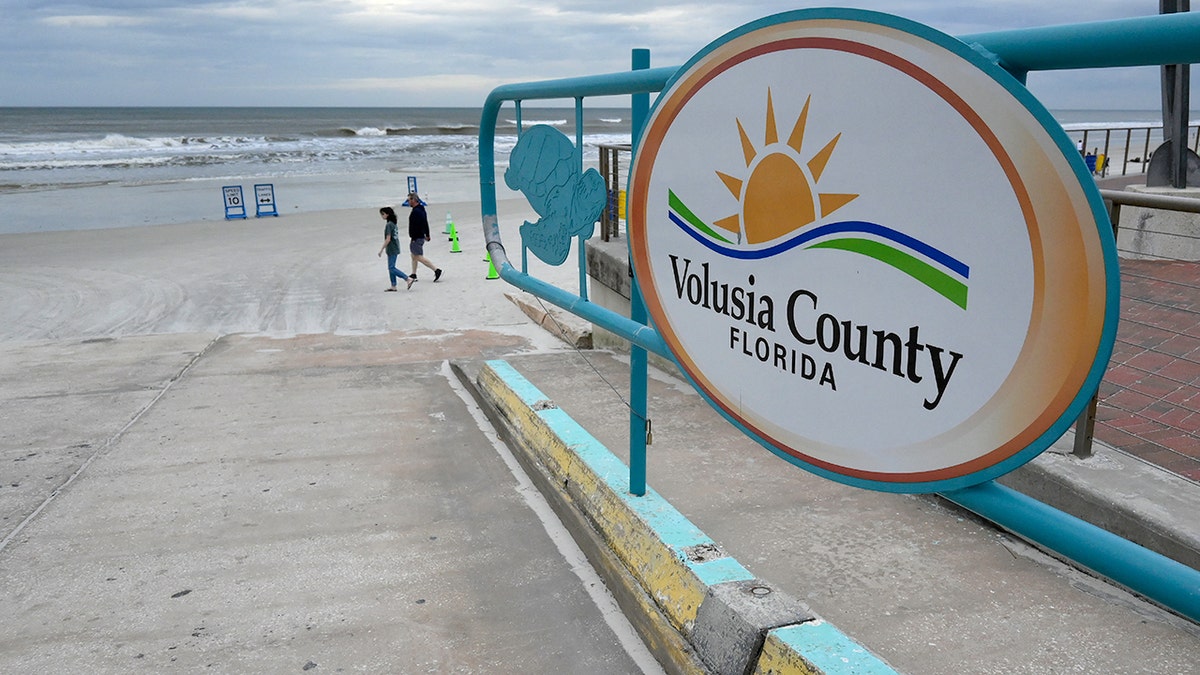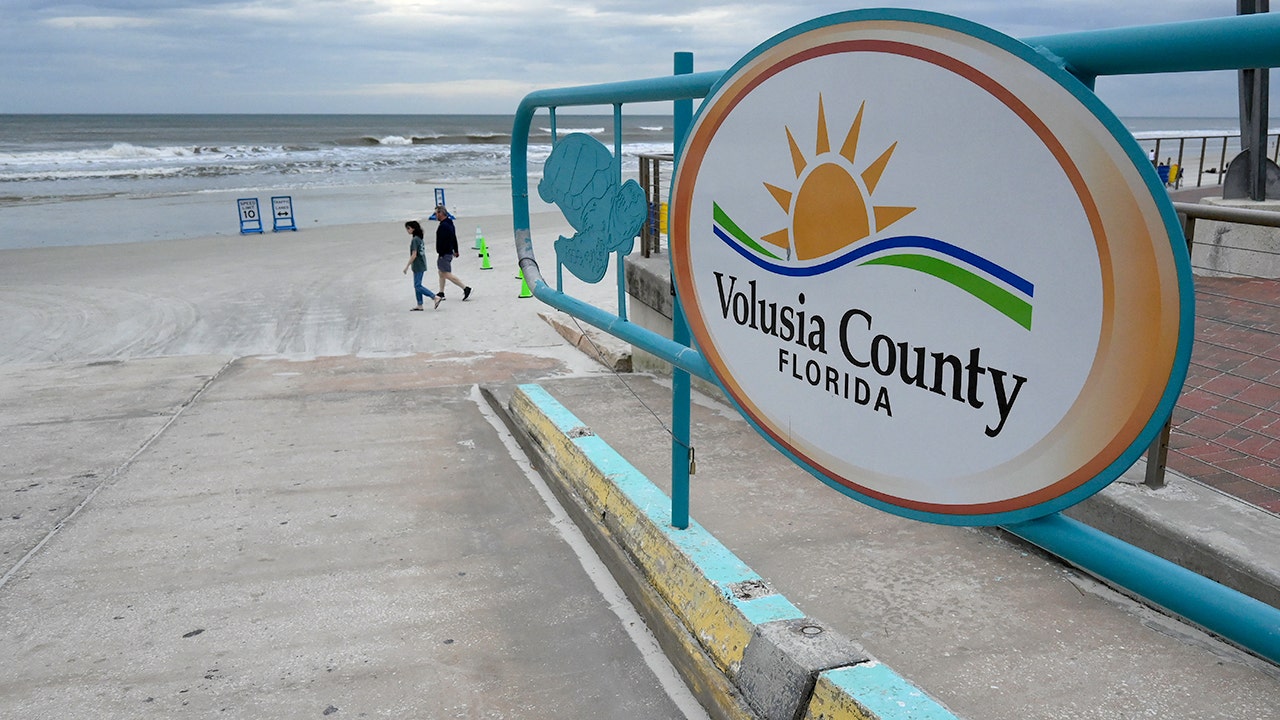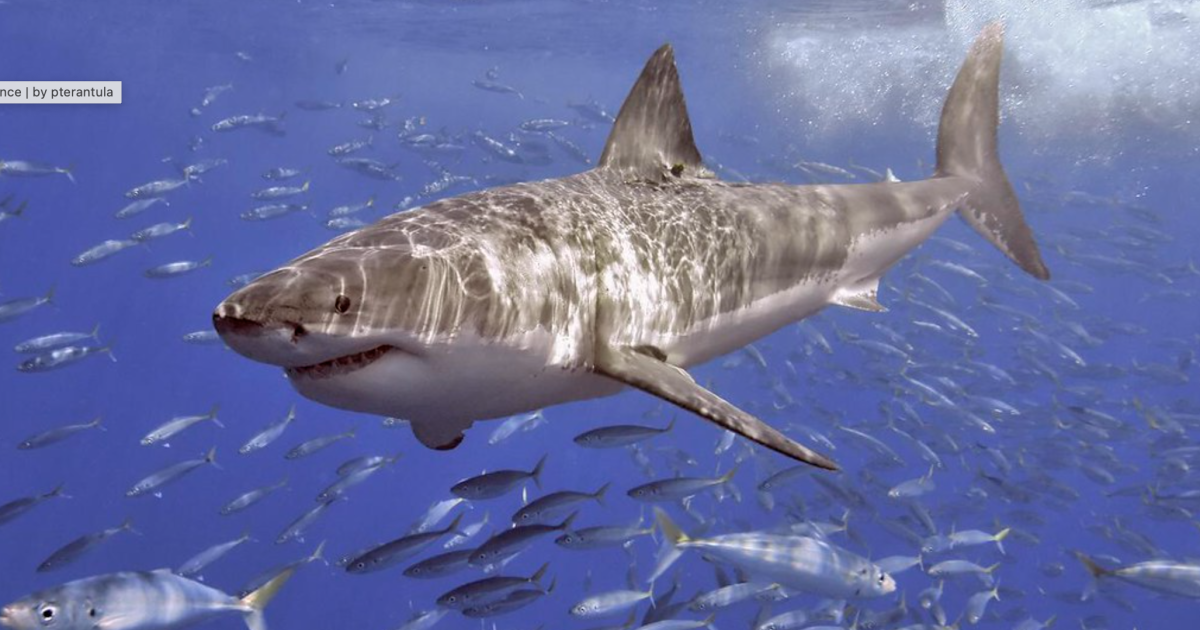
Shark Attacks: A Comprehensive Look at the Increasing Trend in 2024
The summer season is in full swing, and with it comes an increase in shark attacks. According to various sources, there have been numerous reports of shark attacks along the coasts of Florida and Texas this year. Let's take a closer look at some of the recent incidents and what experts have to say about this trend.
Firstly, on June 24th, Hawaiian actor Tamayo Perry died after being bitten multiple times by a shark off the coast of Hawaii. This tragic incident marked the beginning of an unsettling summer for beachgoers.
In Florida, two separate incidents occurred within a week in July. A 14-year-old boy was bitten during a lifeguard training camp at Ponce Inlet, and another man sustained severe injuries to his arm while swimming near New Smyrna Beach. These attacks have left many wondering if shark attacks are becoming more frequent.
Gavin Naylor of the International Shark Attack File (ISAF) told USA TODAY that 2024 is on track to be an average year for shark bites, with around 50-60 incidents expected. However, he also noted that there has been a slight increase in the number of attacks compared to previous years.
The ISAF defines a shark attack as any interaction between a human and a shark that results in injury or death. Unprovoked attacks occur when the shark initiates contact with the human, while provoked attacks result from humans instigating contact with the shark. The majority of unprovoked attacks happen in shallow water, where people are more likely to be present.
The reasons behind this trend are not entirely clear. Some experts believe that an increase in population growth and tourism along coastal areas may contribute to a higher number of interactions between humans and sharks. Others suggest that climate change could be playing a role, as warmer waters may lead to an increase in shark populations or changes in their behavior.
It's important to note that while the number of attacks has increased, the overall risk of being attacked remains low. According to the ISAF, there have been an average of 52 attacks per year over the past decade. In comparison, there are around 10 million recreational beachgoers in Florida alone each year.
Despite this reassuring statistic, it's essential to take precautions when swimming in areas known to have high shark populations. Avoid swimming at dusk or dawn when sharks are most active, and avoid wearing jewelry or bright clothing that may attract their attention. If you do encounter a shark, remain calm and slowly back away from the area.
In conclusion, while there has been an increase in reported shark attacks this year, it's important to remember that the overall risk remains low. By taking simple precautions and being aware of your surroundings, you can reduce your chances of encountering a shark and ensure a safe and enjoyable summer at the beach.





:quality(70)/cloudfront-us-east-1.images.arcpublishing.com/cmg/L4TLW7Q3Z5ATBJ7RLZXSSRH2T4.jpeg)
